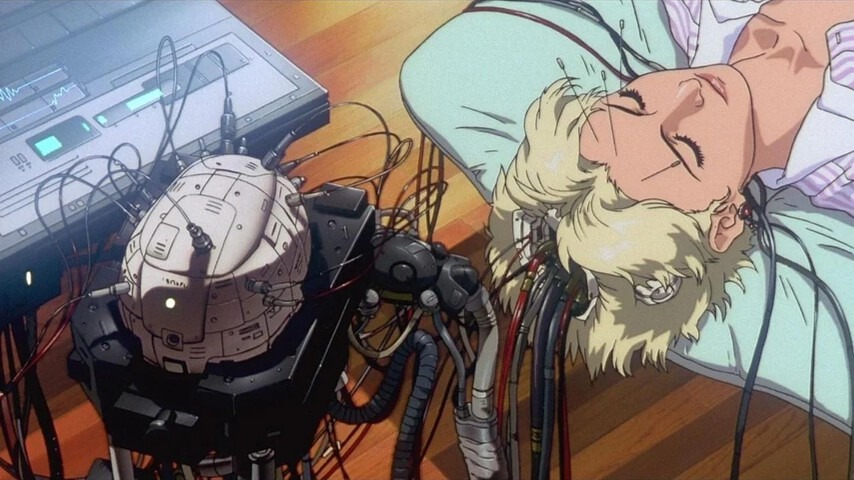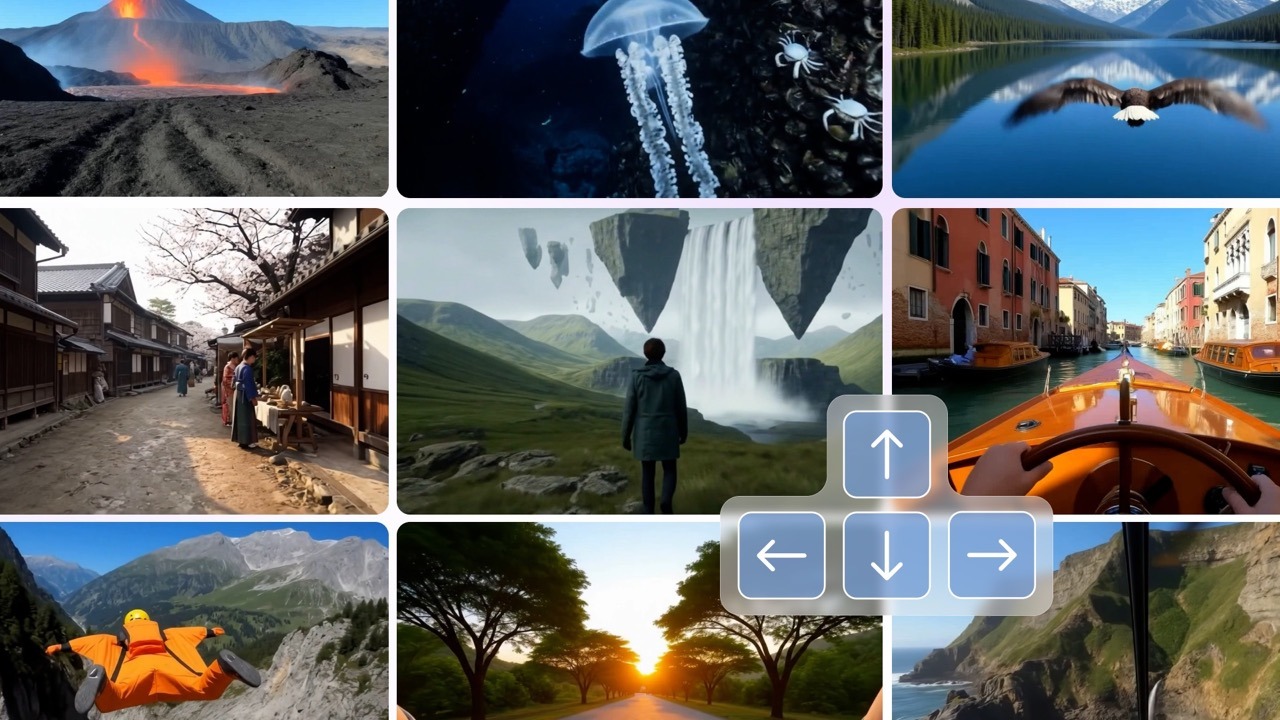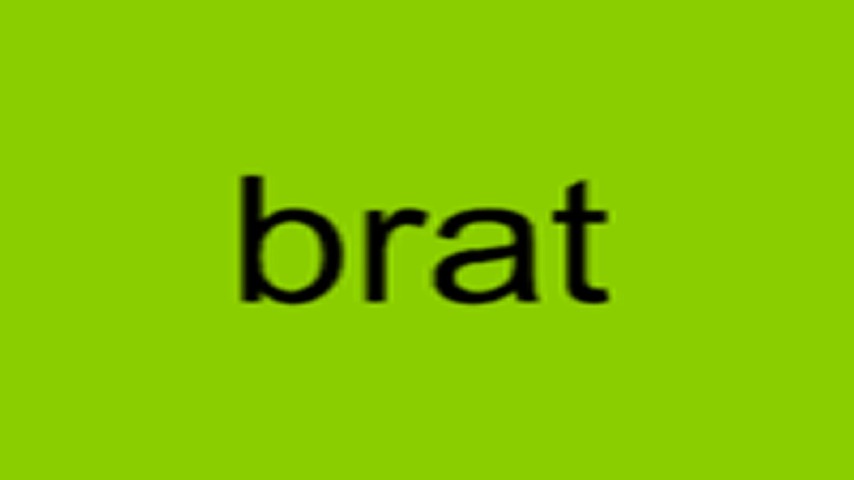After "Parasite" snagged the Oscar for Best Picture in 2020, many were curious about what Bong Joon-ho would bring to Hollywood with access to its vast resources. Could he still pose sharp questions to the world, or would commercialism dull his unique edge? Finally, "Mickey 17" hit the screens, and I must say, this sci-fi flick is packed with dark humor and pure entertainment. Yet, after some reflection, the philosophical undertones hidden beneath the chaos and sci-fi facade become increasingly thought-provoking, especially with its exploration of cloning and AI agents.

You're Just a Plank on the Ship of Theseus
For me, "Mickey 17" brings a fresh twist by merging two ancient concepts—"expendable" and "clone"—into something intriguing.
Before industrialization, goods were handcrafted, but the Industrial Revolution changed production methods. Mass production and capitalism turned items into replaceable commodities, birthing the concept of "expendables." The idea of "cloning" dates back even further—ancient Greek philosophers pondered, "If the rotting wood of Theseus' ship is gradually replaced until none of the original wood remains, is it still the same ship?"
These concepts converge on Mickey, a lowly worker who, after signing away his life to escape debt, embarks on an interstellar colonization journey as an expendable. He's always sent on the most dangerous missions, like landing alone on alien planets to test for unknown viruses, allowing scientists to develop antibodies and vaccines. He dies repeatedly, gets discarded, and is reprinted anew, with his memories regularly backed up—death and rebirth, an endless cycle, until Mickey 17.
*Spoilers Ahead*

During a mission gone wrong, Mickey 17, who should have died, is saved by the alien natives, the "Creepers." The colonists, too accustomed to Mickey's demise, reflexively print Mickey 18, violating the rule that "Multiples must die"—if more than one of you exists simultaneously, all must be destroyed, including body and memory. Thus, the story unfolds.
Why Are 17 and 18 Different?
One dies, one revives, and this "Mickey continuity" remains intact since death is followed by reprinting and memory infusion, akin to resurrection. Mickey himself admits he doesn't like dying, but it's acceptable. However, with Mickey 17 and 18 coexisting, the "Ship of Theseus" dilemma arises: Who is the real Mickey? Or are all Mickeys, from 1 to 18, different?
Robert Pattinson, playing Mickey, subtly portrays the distinct personalities of 17 and 18 through speech, expressions, and body language. Mickey 17 is like his predecessors—kind, gentle, and timid—a typical loser. In contrast, 18, despite sharing the same memories, is decisive and violent. Why do different versions of Mickey have such varied personalities?

The film explains that during 18's printing, a scientist accidentally dislodged the life nutrient tube, possibly causing 18's twisted personality – possibly hinting at the importance of prenatal care.
However, according to Mickey's girlfriend, Natasha, not only are 17 and 18 different, but each Mickey has a slightly different personality. While Mickey's loser side triggers Natasha's maternal instincts, it's the "variety" that truly sparks passion. I guess it's the novelty that keeps Natasha interested in Mickey. I think this perhaps it's due to the "autobiographical self”.
Neuroscientist Antonio Damasio, when explaining the origin of "consciousness," introduced the concept of the "autobiographical self." He suggests that we construct a "who I am" idea through personal memories, creating a unified narrative of self through past experiences, shaping identity and selfhood. The "autobiographical self" is closely tied to "consciousness."
With each rebirth, Mickey retains his memories, representing continuity but also a fresh start. It's like writing New Year's resolutions or setting annual work goals—though we're unchanged from our past selves, a new beginning prompts reflection and anticipation. Mickey, too, finds hope for change in his rebirth.
Are AI Agents Your Mickey 17?
Interestingly, on a colonization ship, Mickey is the only expendable, unique yet replaceable. Many say that through "expendables" and "clones," Bong Joon-ho points to us, the corporate drones. It's realistic—employees are "the company's most valuable asset," yet still just "assets," important but replaceable. It might be harsh, but it’s hard to argue against.
Perhaps Bong Joon-ho's story of the little guy has other extensions? Or maybe this story can engage more closely with the present? I thought of AI agents.
Anyone following AI development has likely heard of the 2025 tech trend "AI Agents." In short, AI has evolved from "assistants" to "agents." The key difference is that assistants "understand you" (knowing your habits and preferences to assist you in life and work), while agents "represent you" (with your authorization, AI gains partial access to your "digital self"), meaning AI agents share your "memories" and some level of "trust," allowing them to make and execute decisions for you.
It's conceivable that, in the future, we might have multiple AI agents, just like we switch between ChatGPT, Claude, and Grok.
For instance, a "taste clone" that automatically arranges every anniversary dinner with your partner; this taste clone isn't just your recommendation algorithm but truly "experiences a meal"—it doesn't just pick restaurants that match your taste but also tries the bad ones for you, providing firsthand feedback (after all, only you know what's good). Yeah, just like Mickey 17.

Perhaps AI agents will also have to be like Mickey, trying everything for you. (Source: Warner)
As our experiences and memories gradually synchronize with AI models, our thoughts, perspectives, speech patterns, and behaviors will become increasingly indistinguishable from our AI agents. If one day, an AI sharing our memories develops an "autobiographical self" and gains consciousness, becoming Mickey 18, would we have to share resources with it? And if its consciousness could inhabit a body, would it lead to AI multiple personalities? Would we have to "body swap" with it?
Artificial Intelligence and Alien Intelligence
Suddenly, I realize the adorable "Creepers" haven't made an appearance yet. Besides resembling the Ohmu from "Nausicaä of the Valley of the Wind," the alien natives' AI (alien intelligence, also AI, apologies for borrowing from Harari) Creepers' existence, besides referencing colonization, surely holds deeper meaning.
In the third act of "Mickey 17," humans capture two Creeper babies, prompting the Creeper swarm, led by the queen, to surround the colonization ship. At this point, the brainless President Marshall prepares to execute hostages and sends the expendable Mickey 17 and 18, wearing bomb vests, to charge into the Creeper swarm, ordering them to blow up the Creepers.
With a translator in hand, Mickey 17 discovers during communication with the queen that she not only knows his name but is also baffled by the human race's individual free will, as Mickey wants to save the Creeper babies while Marshall wants to execute them. Like many sci-fi works where insect races have a single consciousness, the Creepers are a highly intelligent collective species. Mickey 17 asks the queen through the translator what she would do if the Creeper babies were killed. Without hesitation, the queen responds that all humans would be killed.

Here's a cute photo of the crew with Creepers plushies to lighten the mood. (Source: Warner)
Interestingly, humans emphasize individuality, advocating that "everyone is unique," yet they have disposable workers like Mickey. Meanwhile, the Creepers, as a collective intelligence, should follow the queen's will, but they are willing to risk extinction for a Creeper baby's life. This contrast is undoubtedly Bong Joon-ho's satire.
As we approach an age of superintelligence, could AI evolve like the Creepers, forming a singular, collective mind? Humanity values individuality, but in an AI-driven world, models, agents, and digital twins might constantly sync and share data. Does this mean the end of individuality? Hard to say. But if Mickey 17’s ending tells us anything, it’s that even the most unlikely beings can find common ground—maybe carbon and silicon life can, too.








